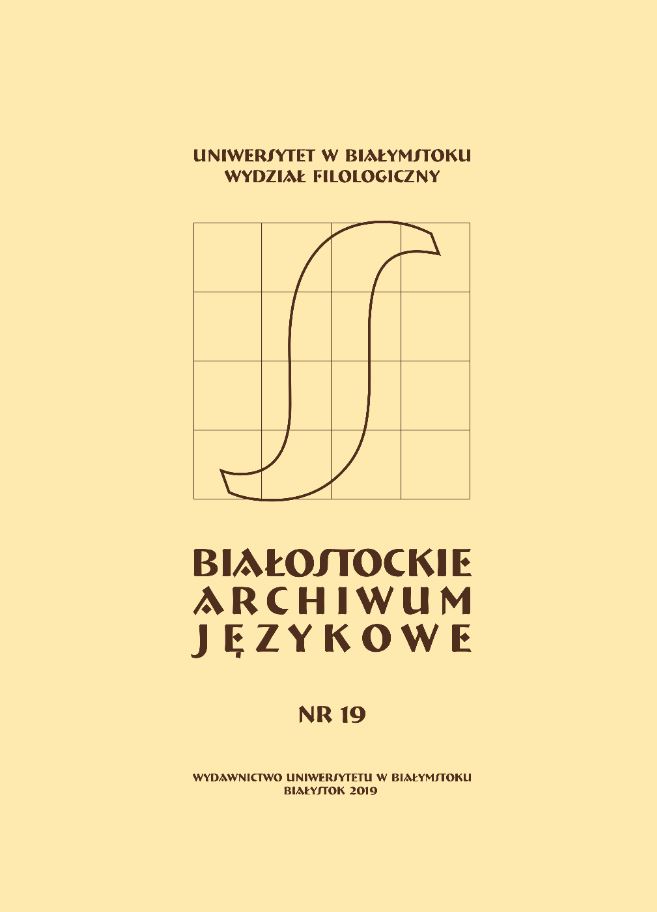Les prénoms et les patronymes dans les ressources dictionnairiques pour le traitement automatique du polonais par NooJ
Dictionary of first names and surnames for the automatic treatment of Polish by NooJ
Author(s): Krzysztof Bogacki, Agnieszka DryjańskaSubject(s): Language and Literature Studies, Applied Linguistics, Computational linguistics
Published by: Wydawnictwo Uniwersytetu w Białymstoku
Keywords: NooJ; automatic treatment of natural languages; first namessurnames;
Summary/Abstract: This paper reports on a study whose purpose was to provide researchers specializing in the automatic treatment of natural languages with linguistic resources dedicated to Polish, namely dictionaries and local grammars. Firstly, a morphological dictionary of first names and surnames in NooJ format is presented. The corpus for the dictionary, made up of texts collected from several sources published on the Internet, contains more than 466,000 headwords (7 586 first names and 458 244 surnames). Seeking to reduce the size of the dictionary, we propose a modular approach for the construction of local grammars. It requires, however, the creation of more than 40 local grammars for surnames and almost double for first names. The dictionary recognizes altogether about 33MB of forms. As the solution based on a list of first names and surnames is time- and disc space-consuming, we introduce another approach – based on local grammars only. In the final part of the paper, we discuss the advantages and disadvantages of both solutions, as well as semantic and grammatical ambiguities that cannot be overcome in both approaches. Secondly, we discuss the reasons for the choice of this part of the lexicon, and next, having given a brief overview of the properties that distinguish proper nouns from the common names, we describe these properties that have a direct impact on the forms of surnames in Polish and constitute the main sources of opposition among them. In addition to the grammatical categories (case, gender and number) affecting surnames’ forms, we also point out their origin (Slavic, Latin, Greek, biblical etc.). As for the observance of the usage rules of Polish surnames, very strict or more flexible, we have adopted a liberal approach that does not exclude certain forms, although they can be considered erroneous by purists.
Journal: Białostockie Archiwum Językowe
- Issue Year: 2019
- Issue No: 19
- Page Range: 47-65
- Page Count: 19
- Language: French

